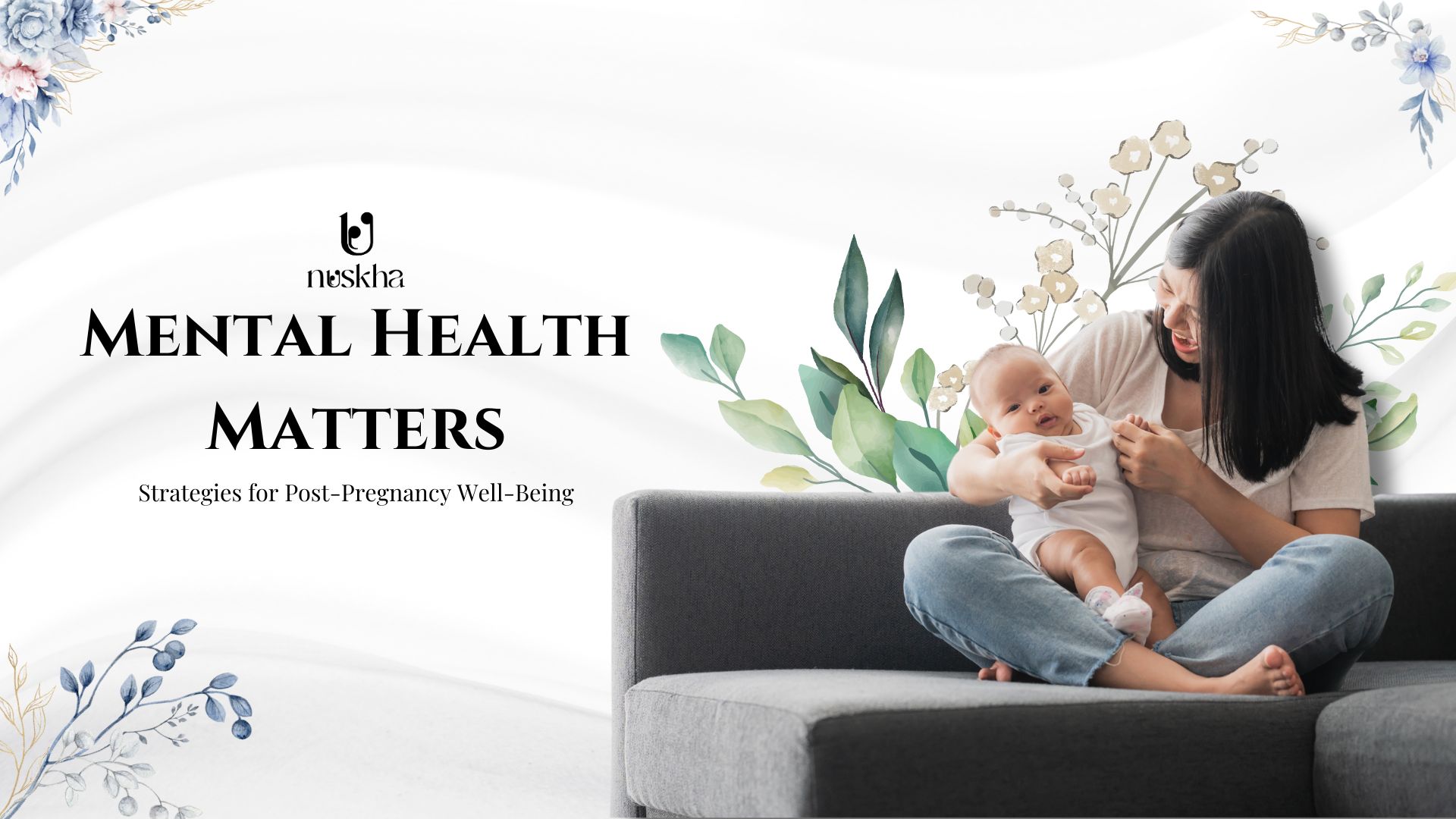
Although becoming a parent is a wonderful adventure, there are substantial changes that come with it that may influence mental health. Following childbirth, and post-pregnancy care new moms face a roller coaster of emotions, including happiness, tiredness, fear, and intense love. Prioritising mental health during this period of transition is crucial.

Initially, keep in mind that it is usual to not feel okay. Since emotions might change, it's important to have help. Join support groups or therapy sessions or establish connections with other new mothers. Having conversations or exchanging stories helps reduce stress. Extreme mood swings and other mental issues are very common after pregnancy. When you accept them, you give yourself time to heal and recover.
Read also: The Science of Breastfeeding: Nutritional Support for Moms and Babies

Self-care becomes essential. Take some time, even a little bit, to yourself. You may lift your spirits by going for a stroll, reading a book, or having a soothing bath. With a baby, getting enough sleep is a luxury, but whenever you can, take a nap; it's healing. Also, giving some time for yourself is quite essential. For post-pregnancy care prepare a proper plan that enables you to take enough rest.

Have honest conversations with your family or spouse. Stress may be reduced by expressing emotions. As always, it's a team effort, so assign tasks to each other. your mother, and grandmother have gone through this procedure long before and they can consult you in the most effective way.
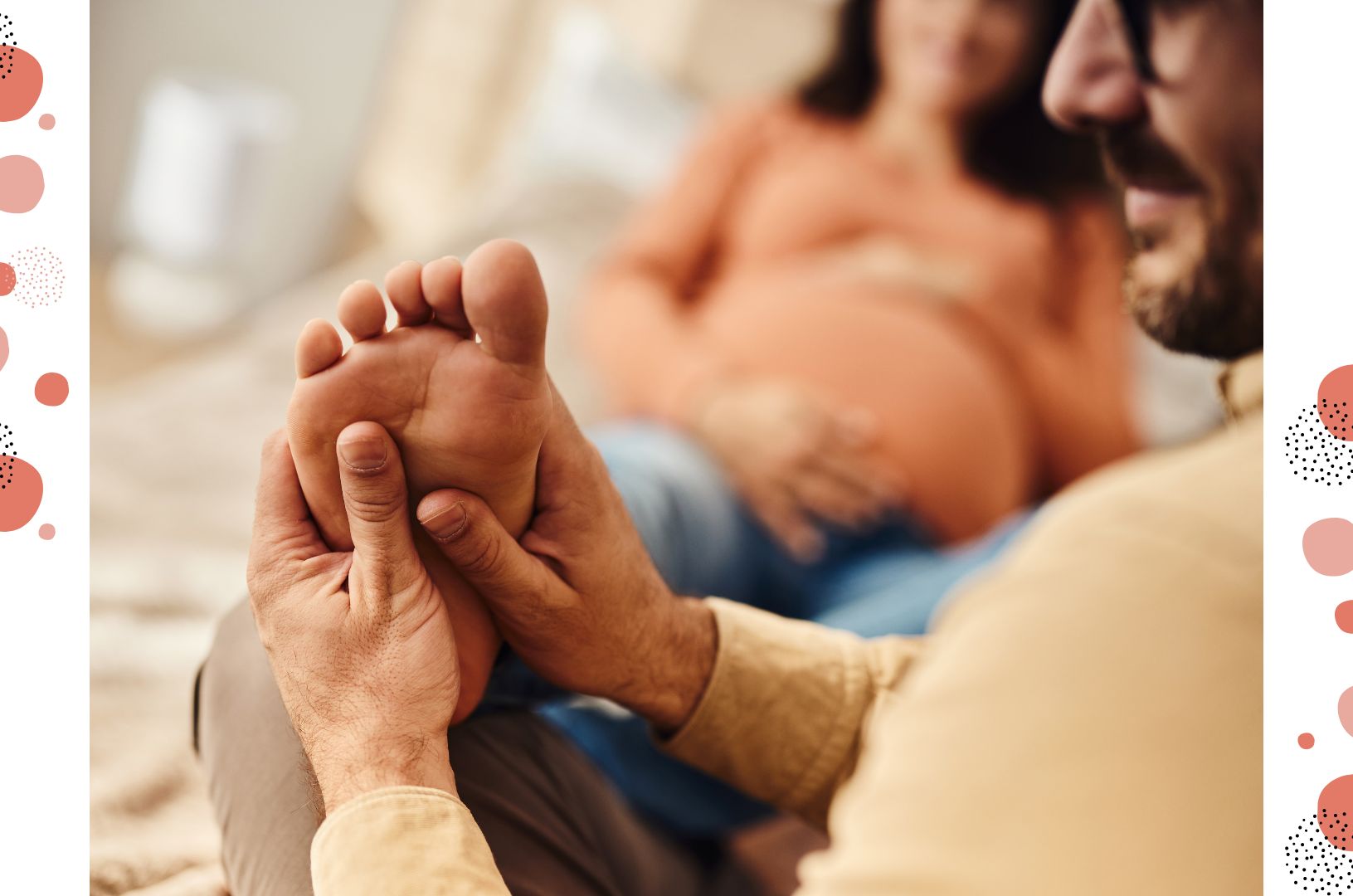
Developing a routine helps with stress management. Assign, prioritize, and group tasks as needed. Additionally, exercise flexibility. Getting used to the unexpected nature of babies is a journey in and of itself. Get some healthy habits during your post-pregnancy care plan like reading and writing.
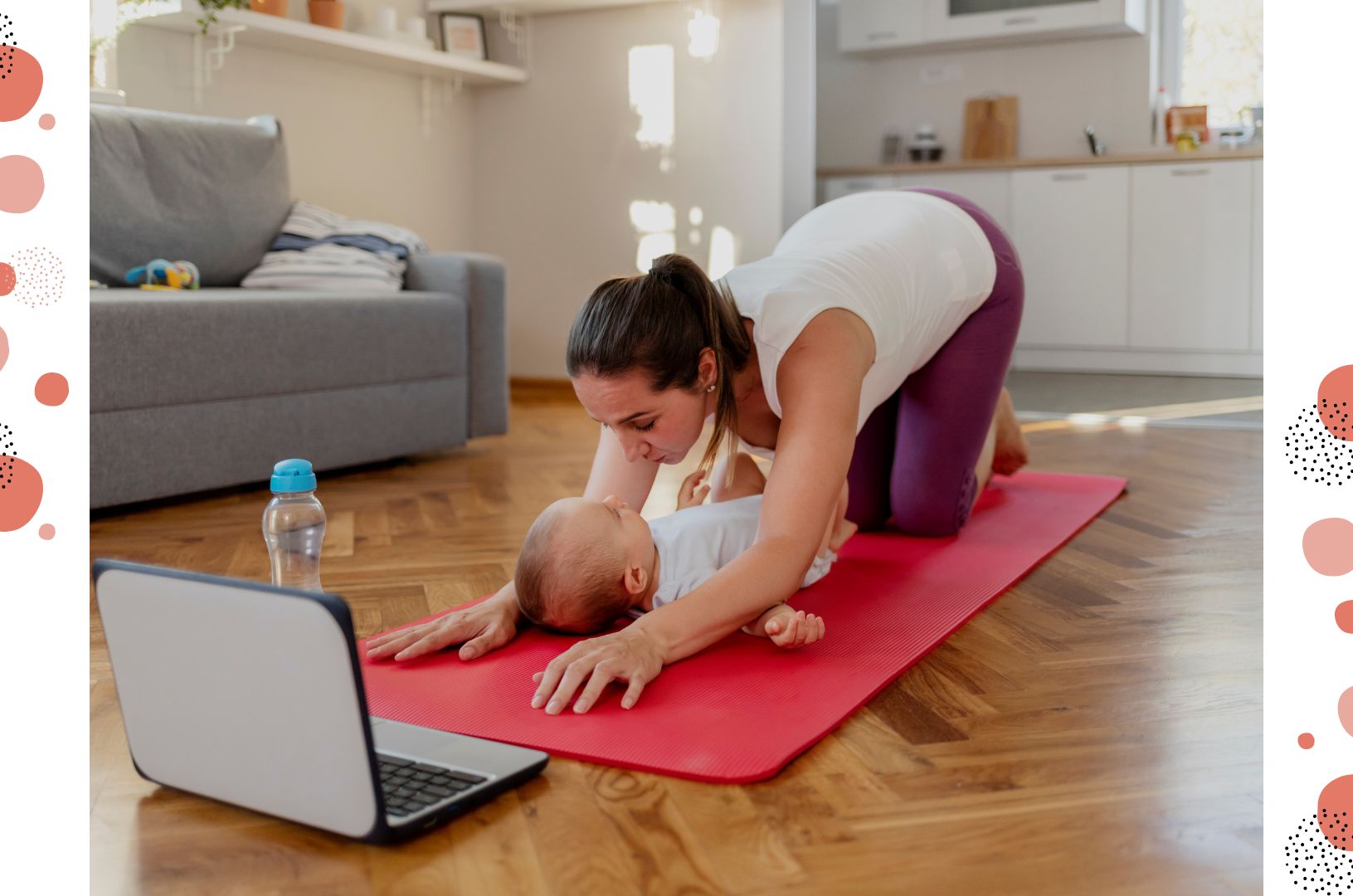
Being active is a great way to improve your mood. See your doctor, then gradually go back into the gym to increase endorphins and vitality. Yoga and a little exercise are also vital to boost your strength and mood.
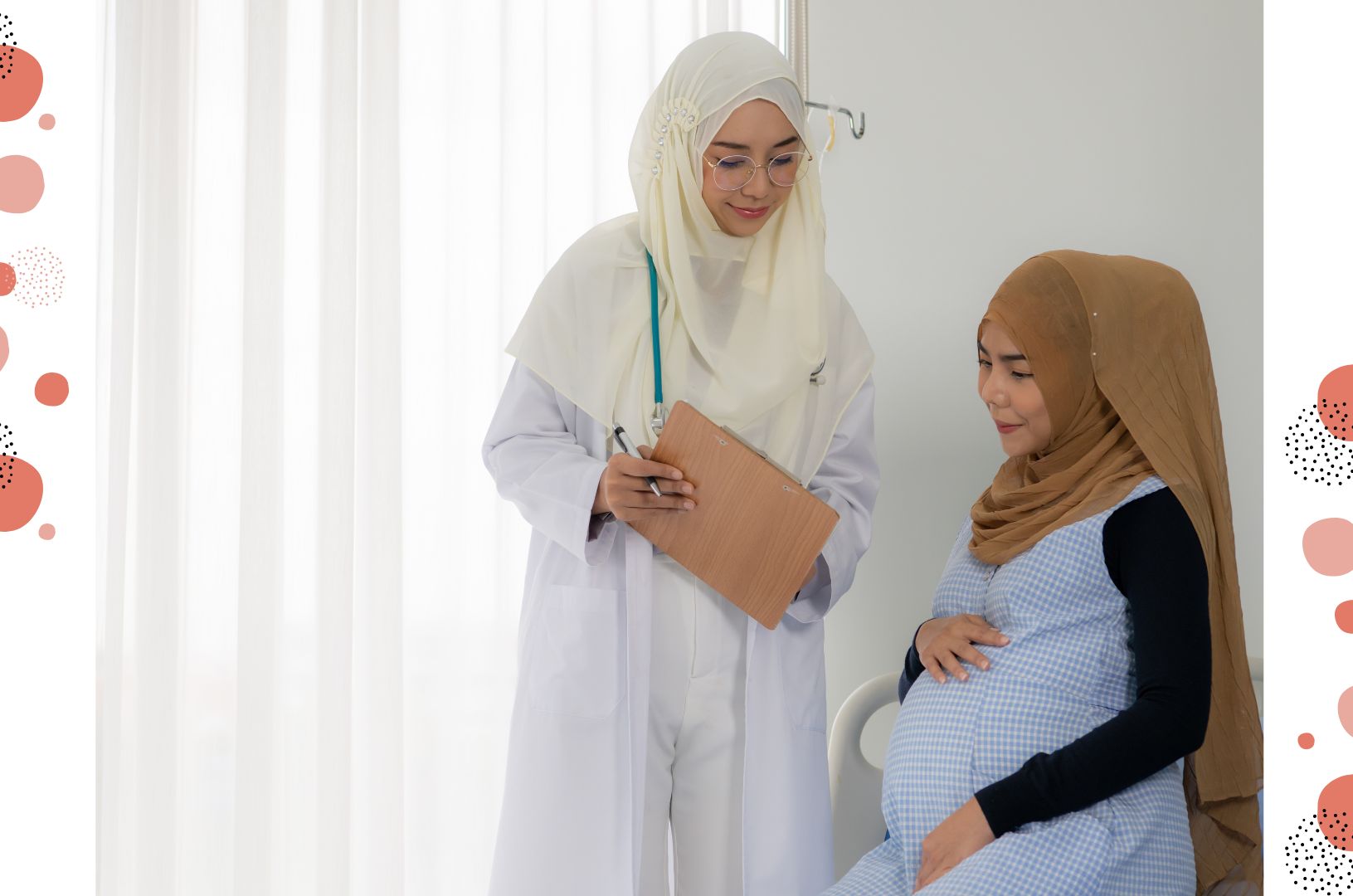
Seek help from a professional if you are feeling depressed, anxious, or overwhelmed all the time. Counsellors and therapists who specialise in postpartum mental health provide priceless help. They guide you throughout the post-pregnancy care and also observe the
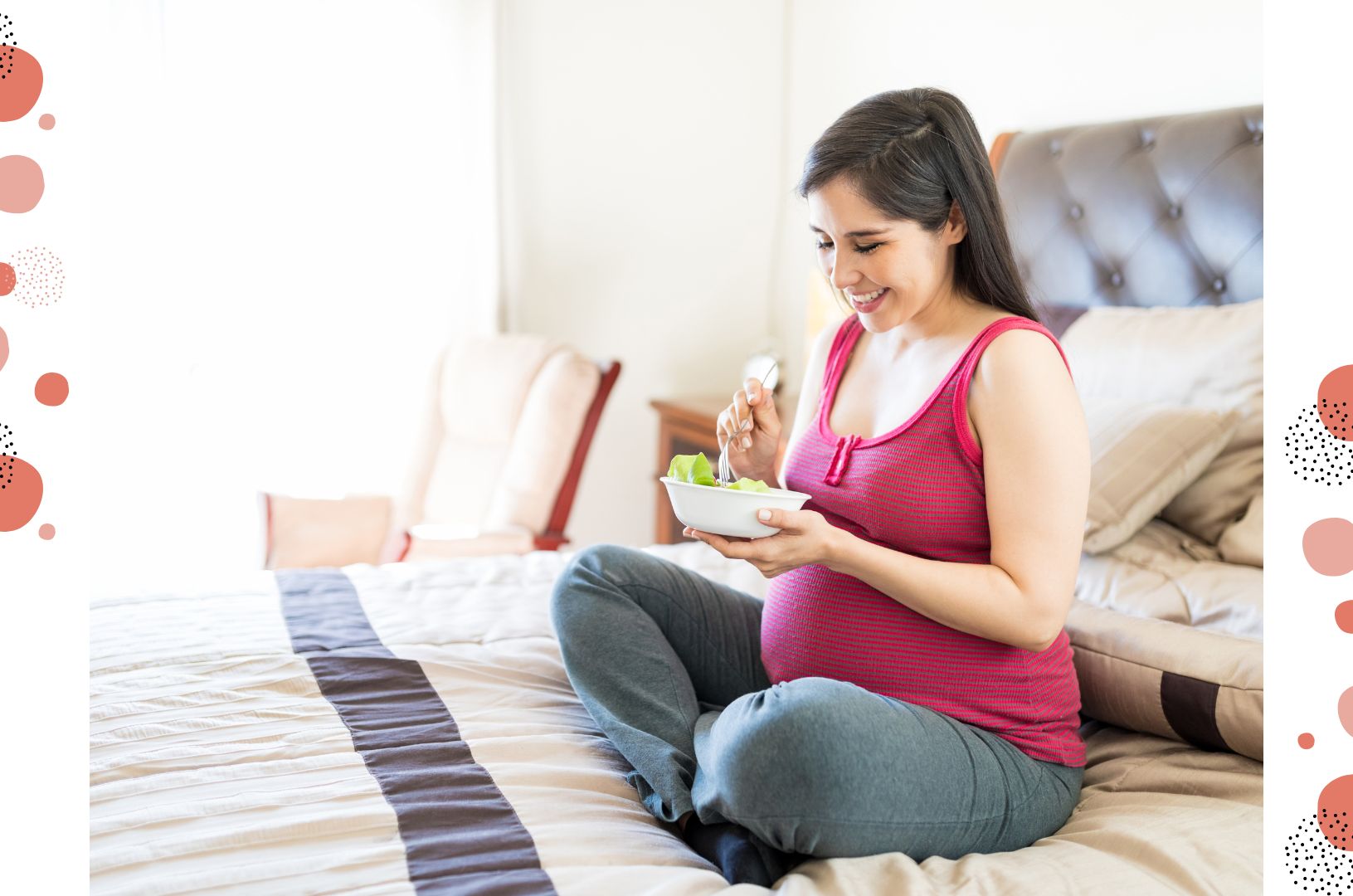
Feed yourself a healthy, well-balanced diet. Foods high in nutrients, such as whole grains, fruits, and vegetables, promote mood and assist in healing. Additionally, stay hydrated by keeping water nearby. Indian traditional diets are also a perfect option to include in the post-pregnancy diet such as Ajwain laddoo, Sonth ke laddoo, Haldi laddoo and roasted nuts. You can get these products on Nushka that are produced with natural ingredients and Ayurveda-approved methods.
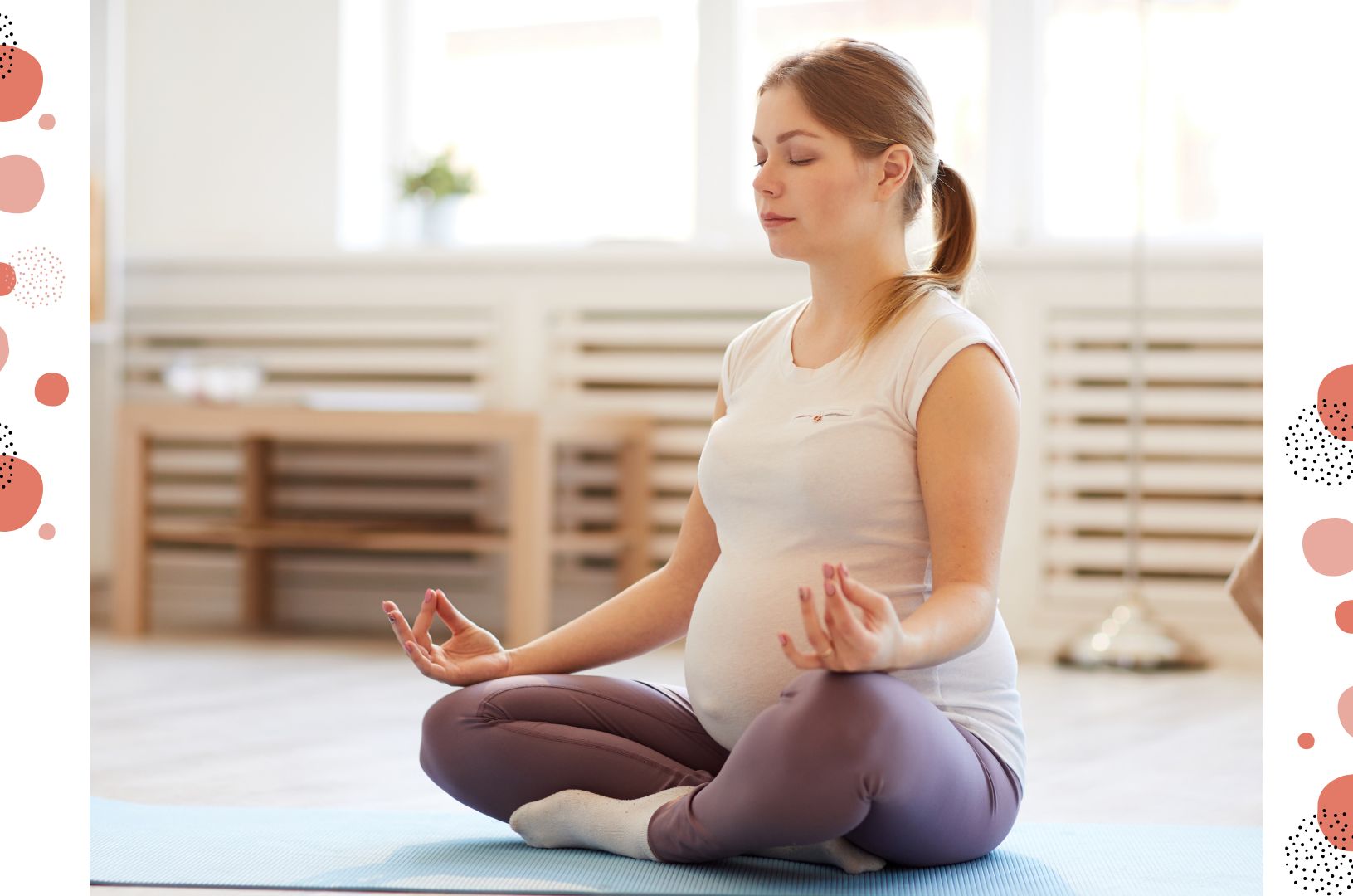
Use relaxation and mindfulness practices. Yoga, deep breathing, and meditation help you feel less stressed and more at ease. You may get assistance with these activities from apps and internet sites. It would improve your mood and also help your inner body heal.

When assistance is provided, accept it. Often, friends and family want to help. Accept their help; it's a means of managing your workload, not a show of weakness. There’s nothing wrong with accepting help from others as this is also new for you.

Finally, be kind to yourself. Every mother's journey as a parent is different. Accept flaws and acknowledge all accomplishments, no matter how little. Do not forget the value of loving yourself during this crucial time. Be gentle with yourself and do not push limits more than required. Always remember, patience and time is the key.
Recall that you are not alone. Mental health after pregnancy is important, and asking for assistance is a show of strength rather than weakness. Put self-care first, look for help, and treat yourself with kindness. Being a mother is a wonderful experience, and if you take good care of yourself, your health will improve along with your child's development.
A healthy diet plays a major role in recovery after pregnancy. Empower your post-pregnancy diet with traditional recipes from Nushka. Here, you will get a large collection of such products.
Read also: Breastfeeding and Cultural Perspectives: Celebrating Diversity
The Prenatal Symptom Inventory, or PSI, is a technique used to gauge new mothers' mental discomfort. It's similar to a survey that inquires about emotions, tensions, and experiences both before and after conception. This assessment looks for emotions that may surface during this critical period, such as worry, sadness, and other feelings. Doctors and other caregivers may intervene and provide additional support when necessary by being aware of how mothers are experiencing. It's a means to monitor a mother's mental well-being and ensure that she receives the assistance she needs at this critical stage.
A new mother's mental health may benefit from maintaining supportive relationships, obtaining enough sleep, taking frequent short breaks, engaging in modest exercise, and maintaining a healthy diet. If you are feeling overwhelmed, it is necessary to get support or speak to a counsellor. It's important to prioritize their daily well-being by making little effort. This will help their mental health during this challenging period.